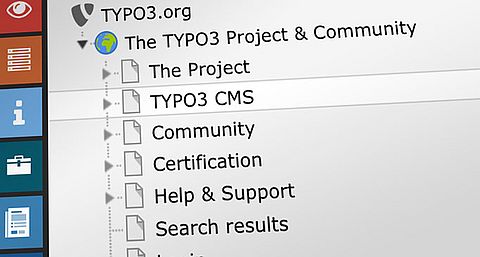Answer from the Ombudsperson Group:
Thank you for your feedback. We will definitely allow anonymous reports of incidents. It is important to note that a reporter doesn't have to be a party in the case or know all the facts for certain. We define a party in the case as anyone directly involved in the code of conduct violation. If the violation wasn't directed at anyone in particular, a single person might be the only party.
The exact review process is not a part of the code of conduct. However, all good incident responders will first gather information from witnesses before judging if the case is a violation. Only if and when the case is judged to be a violation will the violating party be contacted and interviewed. Allowing everyone to be heard is a necessary step in a fair incident review process.
Everyone has the right to privacy. The identity of parties and witnesses involved in a review will be kept secret. In some cases, violators' names will be given out to third parties on a need-to-know basis, under a non-disclosure agreement. For example, event organizers may be given the name of anyone who is denied access to events.




